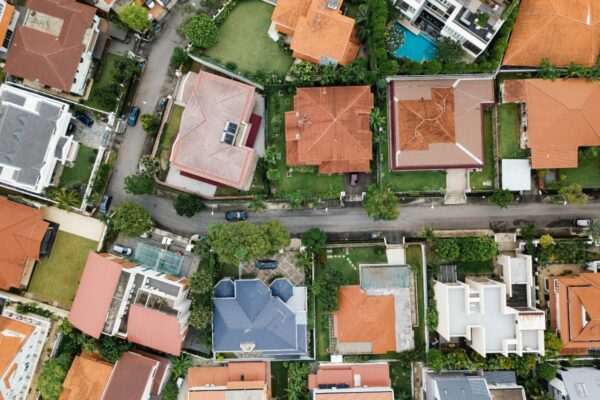The Court of Protection exercises the Crown’s inherent jurisdiction to manage the property and affairs of persons who lack the capacity to do so for themselves. This jurisdiction dates back over many centuries, but a recent radical reorganisation has brought things very much up to date. The Court of Protection is responsible for, amongst other things, the registration of Enduring Powers of Attorney and Lasting Powers of Attorney; the appointment of Deputies to make decisions for people lacking capacity to do so themselves; and to hear cases concerning objections to registering LPA’s or EPA’s. Connected with the Court of Protection is the Office of the Public Guardian, which is there to help protect people who lack capacity by setting up and managing registers of LPA’s, EPA’s Court Orders appointing Deputies; and the supervision of Deputies and Court of Protection visitors.
Most people are likely to need to have dealings with the Court of Protection in the event that they have to register an EPA or LPA; or to apply for a Deputyship Order when somebody has lost capacity but not made a Power of Attorney.
For further advice email info@cavershamsolicitors.co.uk or write or telephone if you prefer.
Key contacts
Latest Insights
Types of Disciplinary Actions for Employees
It is not uncommon for conflict or disagreements to arise in workplaces, and for employers this can be difficult...
What is the Difference Between Enduring Power of Attorney and Lasting Power of Attorney?
The Mental Capacity Act 2005 came into force in October 2007 and replaced Enduring Powers of Attorney (EPAs) with...
What Are The Benefits of Estate Planning?
An action that often gets overlooked but is imperative in planning for the future is estate planning. A common...








